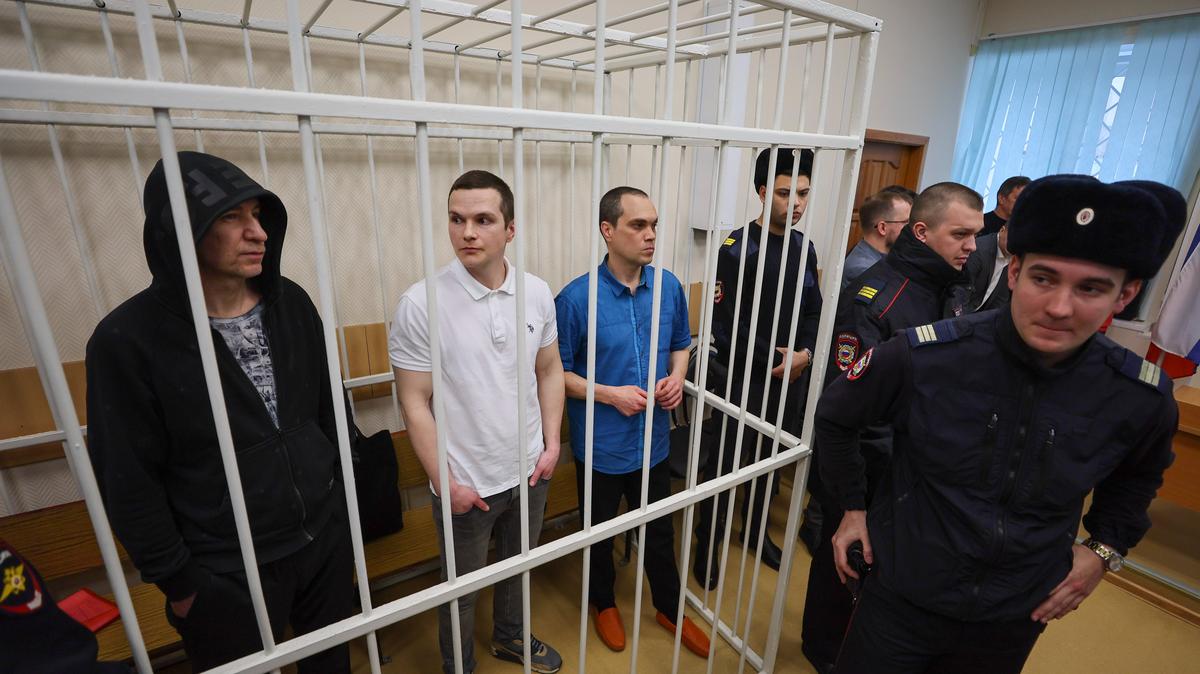With the unprecedented conviction on Friday of three lawyers on “extremism” charges for their past work representing the late Russian opposition leader Alexey Navalny, the already atomised Russian legal profession now finds itself entering uncharted territory.
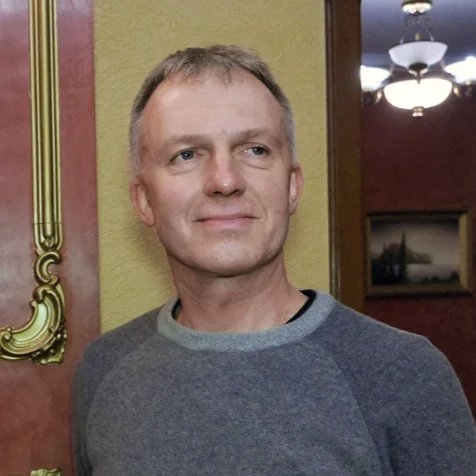
Dmitry Dovgy
Russian lawyer
At the time of Navalny’s death in an Arctic prison almost a year ago, his three lawyers, Vadim Kobzev, Alexey Liptser and Igor Sergunin had already been in custody for four months awaiting trial for “involvement with an extremist community”.
Late last year, the prosecutors in the case requested almost the maximum sentence of just under six years for each of the three men, which the court dutifully handed down, although in the case of Segunin, the only one of the three who pleaded guilty to the charges against him, the five-year sentence requested by prosecutors was commuted to three years and six months.
The veracity of the charges against the lawyers does not withstand even the most basic scrutiny, not least as none of the lawyers has ever worked for Navalny’s Anti-Corruption Foundation (FBK), the organisation deemed extremist by the Russian authorities that forms the kernel of the criminal case, or even formally belonged to it.
The ruse of prosecuting the lawyers was done plain and simply to deprive Navalny of an adequate defence team, giving him less of a chance to establish a legal strategy and ultimately breaking his will. When Navalny’s will remained unbroken, he was killed.
During the trial it emerged that the privileged meetings the lawyers had with their client in prison had been secretly filmed by prison staff, a grave violation of their constitutional rights and the rule of law in Russia.
The consequences of the case remain to be seen. But its impact on what’s left of the shattered legal profession in Russia is not hard to predict. Some lawyers have been forced to give up their jobs, while others now think long and hard before taking on sensitive cases. In any case, the number of those willing to represent defendants in political cases is inevitably and unsurprisingly on the decline.
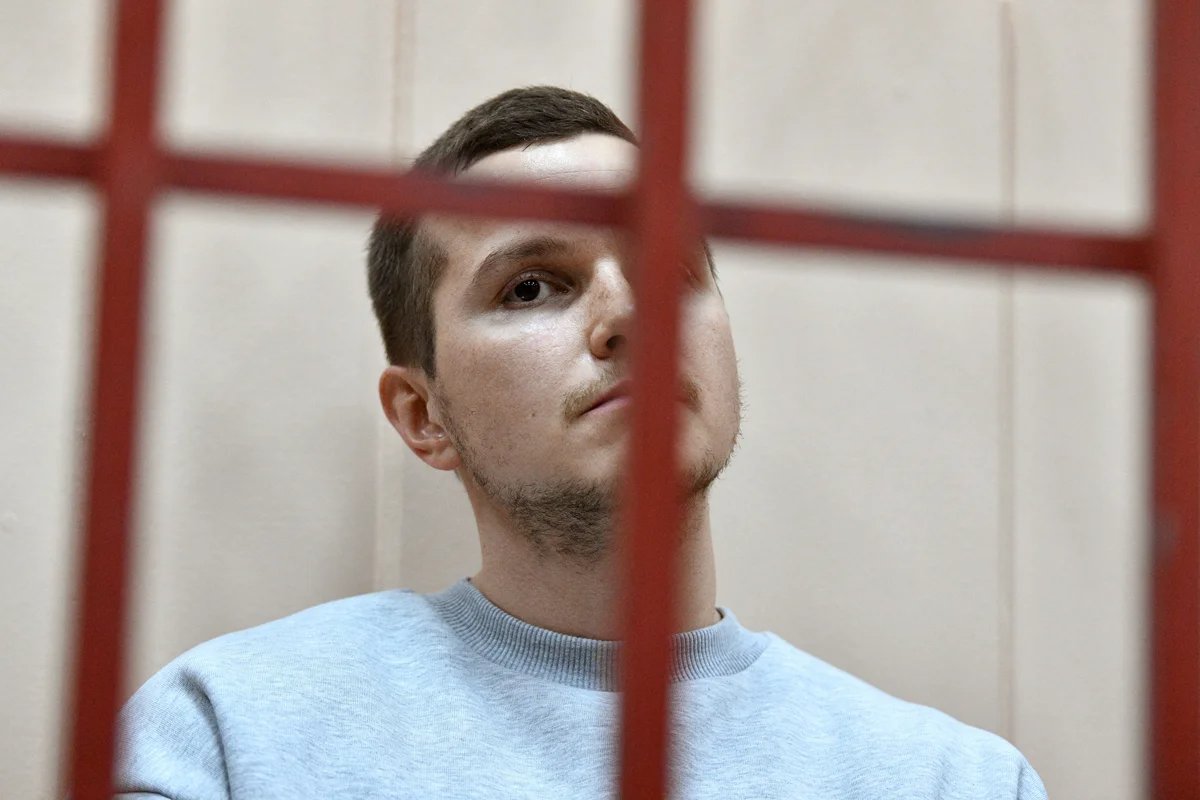
Alexey Liptser attends court, Moscow, 13 October 2023. Photo: Yevgeny Razumny / Kommersant / Sipa USA / Vida Press
Lawyers living in Russia nowadays mostly work anonymously and avoid speaking to the press, not only in order not to harm their client, but to avoid increasing their own exposure to criminal prosecution. Only 20 lawyers and human rights activists dared stand outside the court building in Petushki on 10 January — the trial is being held behind closed doors — to express their solidarity with the lawyers as they made their closing statements.
Before the sentencing was announced on Friday, Novaya Gazeta Europe spoke to lawyer Dmitry Dovgy about the charges against Navalny’s lawyers and the day-to-day reality of practising law in Russia today.
NGE: What does the case against Alexey Navalny’s defence lawyers mean?
DD: It’s significant that the trial is being held behind closed doors. The reason has very little to do with the law, as the case wasn’t for sexual assault, the defendants are not minors, and they haven’t been charged with crimes relating to state secrets. So it can only mean that there is no solid evidence of the lawyers’ involvement in an extremist community. The authorities have simply decided to hide the fact from the public that there’s no evidence. As I see it, no crime has been committed in this case. The lawyers were acting within the framework of Russian law in relation to their client, Alexey Navalny.
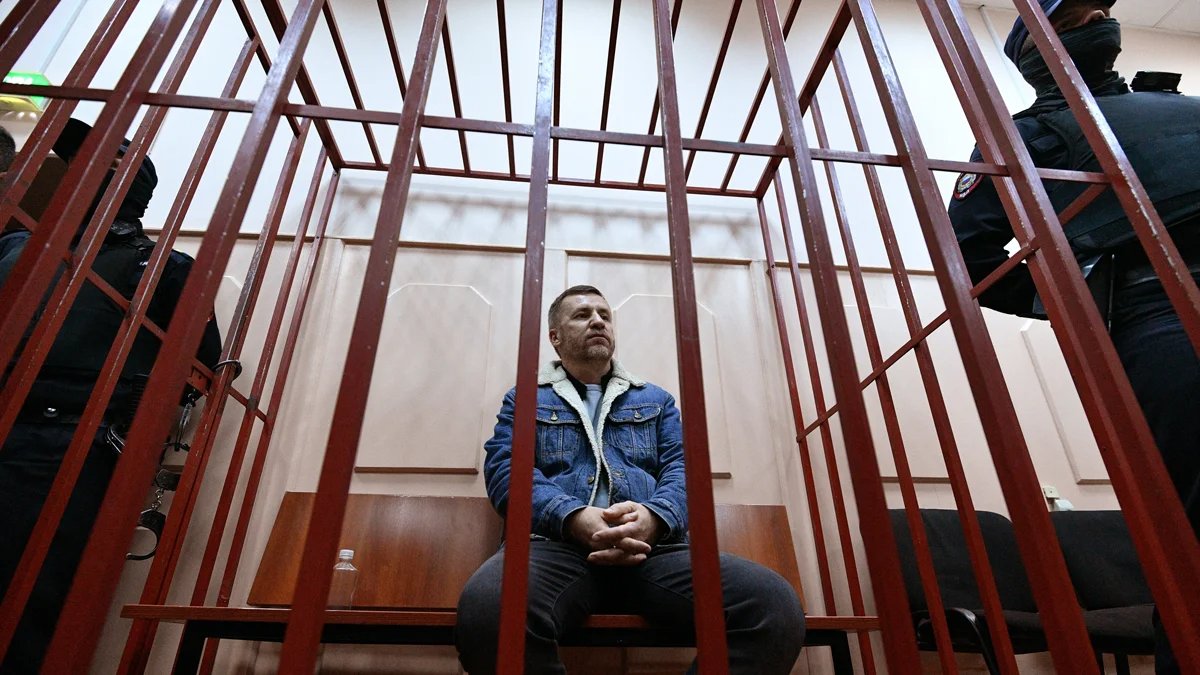
Igor Sergunin attends court, Moscow, 13 October 2023. Photo: Yevgeny Razumny / Kommersant / Sipa USA / Vida Press
Navalny’s family said recently that surveillance of the lawyers had been going on for years. If the investigators truly believed the lawyers had committed a crime, they should have put a stop to any illegal activity immediately and detained them as they left the detention centre with the documentation they were alleged to have taken from their client. But that didn’t happen.
NGE: Do you think the Russian legal profession as a whole has turned a blind eye to what’s happening to its colleagues?
DD: I was still pleased that quite a few lawyers took it upon themselves to show up on 10 January to hear the defendants’ closing statements, about 20 in all. It showed they were concerned about their three colleagues, first and foremost, but also about the future of the legal profession as a whole. After all, the case has shown that no lawyer can now be 100% sure that they will be afforded the legally guaranteed privacy to meet their client in prison, that their conversations won’t be recorded, and that they won’t themselves end up behind bars on the same charges as their client. So it was 20 very brave individuals who went to the court on 10 January.
NGE: Are there already any discernible consequences from the case?
DD: The main tangible consequence is that lawyers are now much more afraid to defend opposition figures, civil activists and anyone charged with crimes against the state in general. As we see with Liptser, Kobzev and Sergunin, defence lawyers can quickly become defendants themselves.
The main unofficial role of our profession in Russia nowadays is as a point of contact between the client in custody and their relatives and loved ones on the outside.
NGE: What is the reality of practising law in Russia today? Even in ordinary cases, the lawyer is often ignored in court, not to mention the fact that it’s now easy to put a lawyer in jail.
DD: As I see it, the lawyer is now a prisoner’s sole connection to the outside world. Yes, lawyers are currently ignored at trial and, yes, there’s often nothing they can do for their client, though that’s not for want of trying. I think that the main unofficial role of our profession in Russia nowadays is as a point of contact between the client in custody and their relatives and loved ones on the outside. Lawyers are family members and therapists for clients in custody, and it’s their job to ensure their client is not left on their own to face the state.
NGE: What, in your view, is the main flaw in the Russian justice system now?
DD: The fact that now, as in the 1930s, a confession is “the queen of evidence”, and so investigators use every trick in the book to extract a one from the accused. The courts then accept this confession as the main, often sole proof of guilt, even if the defendant later withdraws their confession in court, arguing that it was extracted under duress.
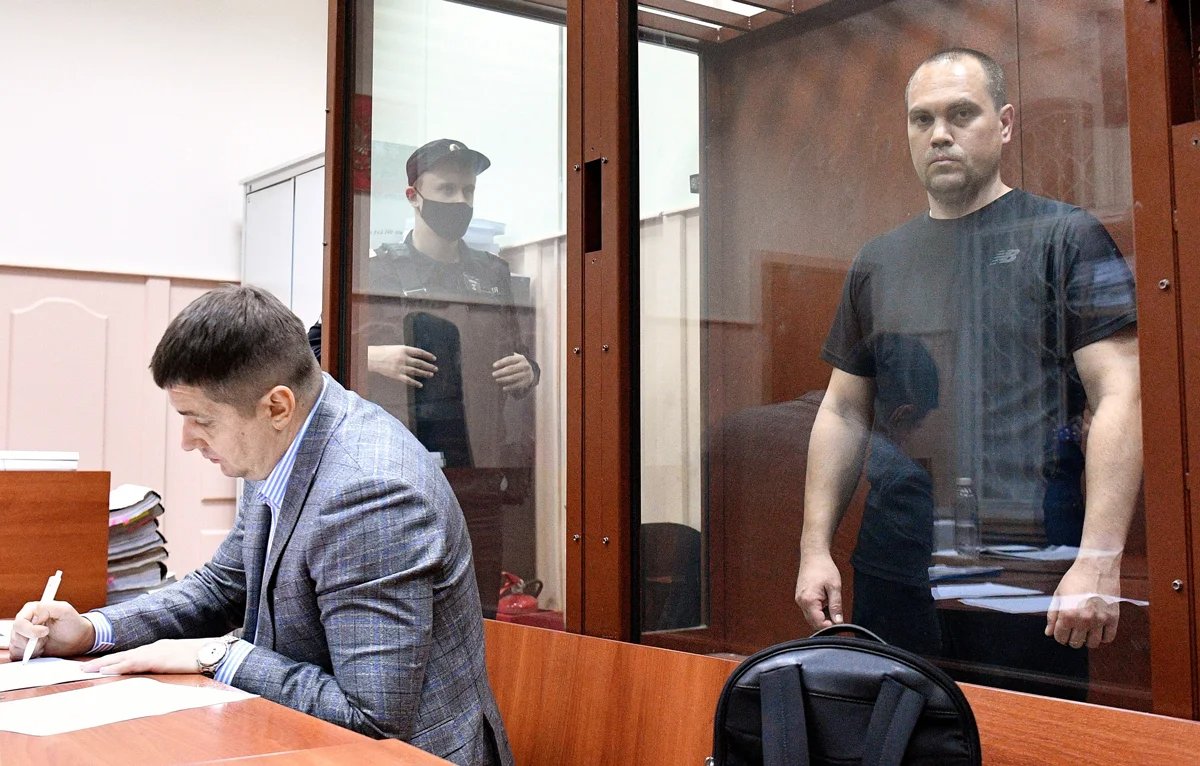
Vadim Kobzev attends court, Moscow, 13 October 2023. Photo: Yevgeny Razumny / Kommersant / Sipa USA / Vida Press
Nevertheless, prosecutors and investigators barely reward confessions. Sergunin partially admitted his guilt, yet the state prosecutor only knocked four months off the sentence he had requested forLiptser and Kobzev, who pleaded innocent. It seems unlikely that would encourage others to plead guilty in future.
The main flaw in the Russian justice system is the judges’ lack of humanity and mercy. We see this in the inappropriate, excessive sentences being handed down in cases where there were no real victims and no harm was caused. The judges may technically be acting in accordance with the law, but they are effectively making a mockery of justice.
NGE: So what is to be done?
DD: It all depends on political will. There is little we lawyers can currently do ourselves. But we cannot give up. We have to continue defending clients and remember those among our colleagues who have themselves been caught up in the wheels of justice.
Join us in rebuilding Novaya Gazeta Europe
The Russian government has banned independent media. We were forced to leave our country in order to keep doing our job, telling our readers about what is going on Russia, Ukraine and Europe.
We will continue fighting against warfare and dictatorship. We believe that freedom of speech is the most efficient antidote against tyranny. Support us financially to help us fight for peace and freedom.
By clicking the Support button, you agree to the processing of your personal data.
To cancel a regular donation, please write to [email protected]
